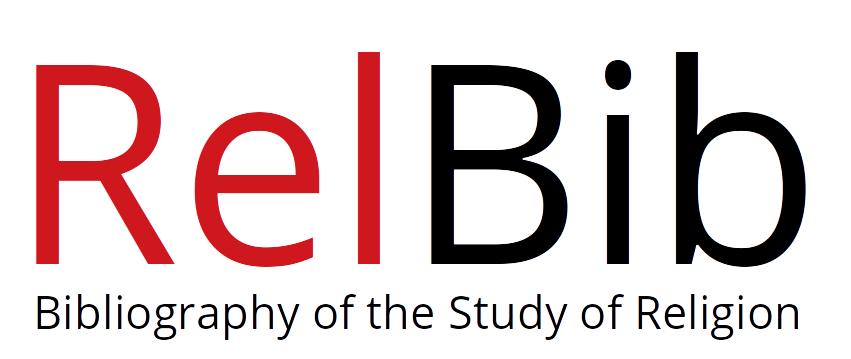
2018 Volume 14, Article 16
Heads Down, Hearts Up: How Ukrainian Baptists Make Meaning from Their Memories of Soviet State-Sanctioned Religious PersecutionAuthor: Gregory S. Morrow (Future Leadership Foundation Jefferson City, Missouri), Mary E. Grigsby (University of Missouri Columbia, Missouri)  Download/Printing is only available to registered users. Please login. Download/Printing is only available to registered users. Please login.
|
|
ABSTRACT
This research describes and analyzes the ways in which adult Ukrainian Baptists who lived under
communist rule interpreted and made meaning of memories of state-sanctioned religious
persecution they experienced as children. A case study approach provides the framework for the
qualitative study. Qualitative methods employed include in-depth interviews, fieldwork in settings
where Ukrainian Baptists discussed their experiences under Soviet rule, and content analysis of
documents pertaining to persecution toward Baptists by Soviets. Respondents in interviews and
fieldwork settings consistently described state sanctioned persecution that sought to dominate and
intimidate them and their sense of alienation from the dominant Soviet culture. Documents
analyzed came from the Southern Baptist Historical Library and Archives, Adolf Klaupiks
Collection, and the Albert Wardin Files. Themes of intended domination, intimidation, and
exclusion of Baptists were mirrored in the document content analysis. Interviews and fieldwork
revealed that setting tight boundaries of inclusion enabled Baptists under Soviet rule to construct
worthy identities within their group based on adherence to their faith and survival. Baptist adults
acknowledged childhood memories associated with state-sanctioned religious persecution resulted
in survival strategies oriented towards close bonds with other Baptists and tight group boundaries
associated with high levels of religious bonding capital. Adults reported greater caution when
describing contemporary interactions with Ukrainian non-Baptists in their efforts to create ties of
religious bridging capital. Past memories of religious persecution, however, failed to inhibit
Baptist adults totally from engaging in building relationships outside of their group, building
bridging capital, and envisioning a significant role for Baptists in caring for others. We found that
individuals and tightly bonded groups of Baptists carried their beliefs and ideas through the era of
Soviet rule. These beliefs and ideas today foster the resilience and cautious but steady construction
of bridging capital with others beyond the bonded circle of already faithful Ukrainian Baptists. |
|

Login
Registered users login below:
Published Volumes
Select volumes below to browse:
IJRR is fully indexed at:
IJRR - A Free Site
The Interdisciplinary Journal of Research on Religion is a free site. To access published articles, you will need to be a registered user of IJRR - registration is easy and free!
|













